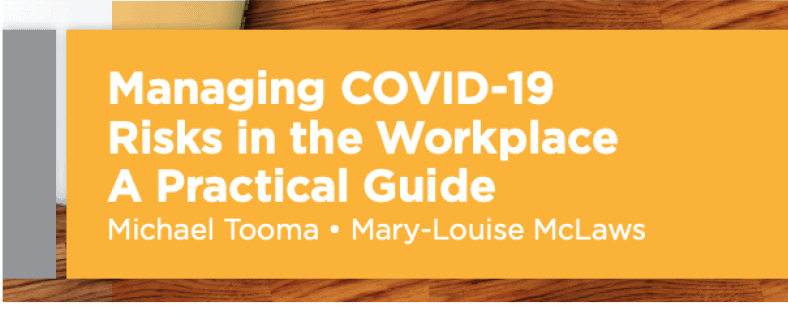In November 2022, Victoria has its State Election. The current Government of the Australian Labor Party has a solid parliamentary presence and is tipped to win another term of government. Although the 2022 Platform is yet to be released, it is worth looking at the 2018 policy document for what was promised and has been achieved in occupational health and safety (OHS) since then and speculating on what is left to do or announce in 2022.
The opposition Liberal Party of Victoria does not release policy documents but does include a list of its “beliefs”.
Below is a list of what Labor “will” do from the OHS chapter of its 2018 platform document:







